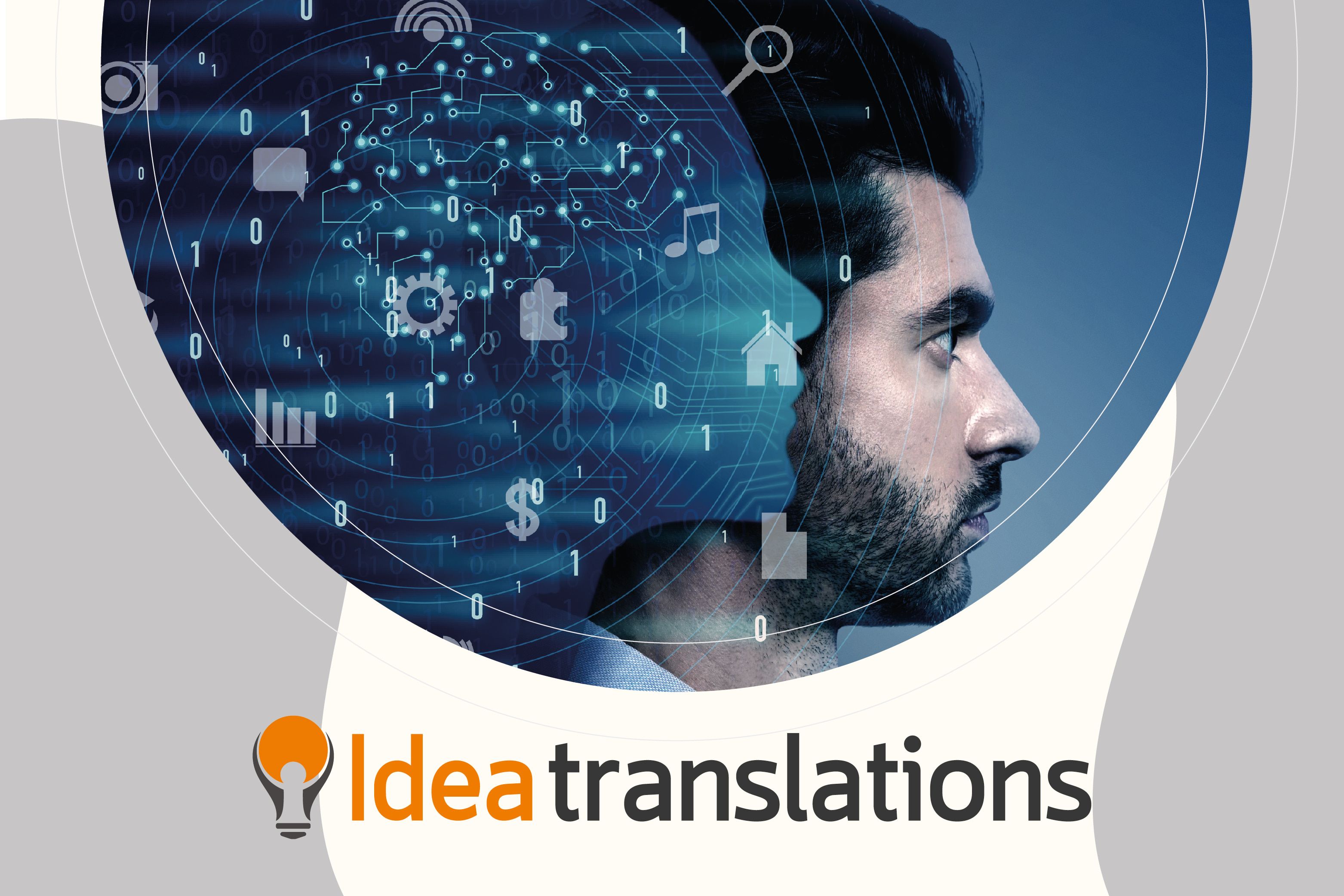
Will Artificial Intelligence Mark the End of Flesh-and-Blood Translators?
As has often happened in the past, the advancement of new technologies raises questions, criticism, and suspicions. Technological development is becoming increasingly fast, and apocalyptic visions often come into play.
But will Artificial Intelligence (AI) ultimately emerge as the only option in the translation world?
An Expanding Field
As indicated by Statista, the market for Artificial Intelligence technologies is enormous: it amounted to around USD 200 billion in 2023 and is expected to grow far beyond that figure, to over USD 1.8 trillion, by 2030.
This field of computer science, which deals with creating systems capable of performing tasks that normally require human intelligence —such as learning, reasoning, and perception— covers a wide range of industries, from supply chains, marketing, product manufacturing, research, and analysis.
And, of course, the popularity of AI among language services is also growing. Gradually, new releases are driving Language Models, scalability, and workflow to achieve unparalleled hyper-automation in content localization.
In 2022, interpreters and translators earned an average hourly wage of nearly USD 30 in the United States. Between 2013 and 2022, the average hourly wage for interpreters and translators increased by over USD 6.
Source: Statista
“The landscape of language services and technology is changing rapidly. With AI, it is now possible to generate, convert, and customize voice and text, at scale and speed,” warn experts from the specialized site Slator.
And they add: “Last year, language service and technology providers moved quickly to harness and extract value from AI. At the same time, a new cohort of AI-based startups continues to grow. These startups build user-friendly platforms on top of Artificial Intelligence models, putting linguistic capabilities directly into the hands of individuals, teams, and companies.”
Among other innovations, they mention the application of AI to multilingual video and audio, content creation, real-time voice translation, transcription, and advancements in the “AI stack,” that is, the collection of technologies, frameworks, libraries, and tools used to build and deploy AI applications. Companies in this category create machine learning solutions and collect data to train AI language models.
The Key Lies in Collaboration
Faced with this whole panorama, many wonder if the future of translation is tied to Artificial Intelligence, to the detriment of flesh-and-blood translators. Is the profession as we know it in jeopardy? The truth is that human translators have been redefined as the industry embraces a hybrid approach in which experienced professionals become the engine behind machines and software.
As warned by the Marketing Artificial Intelligence Institute, there are certain aspects of the translation process that depend on knowledge of both the original language and the culture of the target language, which we have not yet fully processed with current technology.
As the economy and labor markets evolve, 97 million new roles will emerge in the care economy, in technology industries such as Artificial Intelligence and in content creation fields.
Source: World Economic Forum
“This is evident from the BBC report, which states that although machines have the ability to absorb more information than the average human, they are still far from perfect. Researchers found that when neural translations summarize the results of their search engine for the user, they ‘hallucinate.’ Hallucination in neural network models is when they insert data that is not part of the source,” they affirm.
The role of professional translators is becoming increasingly diversified. According to the International Federation of Translators (FIT), the market is developing in two directions: a sector where machine translation can be used to various degrees and another sector where human translators remain indispensable, such as transcreation projects. “Ideally, the goal is to train critical and self-reflective professionals who can not only adapt their experiences to market demands but also change the work environment and serve society,” they ensure.
Like many other sectors, the translation market is changing rapidly. It is unlikely that Artificial Intelligence will completely replace human translators in the future.
The truth is that there will still be much work to be done for professional translators with the right skills and qualifications: they will continue to be needed for demanding and high-quality content, such as highly specialized legal and medical texts, marketing texts, and confidential documents, to name just a few.



